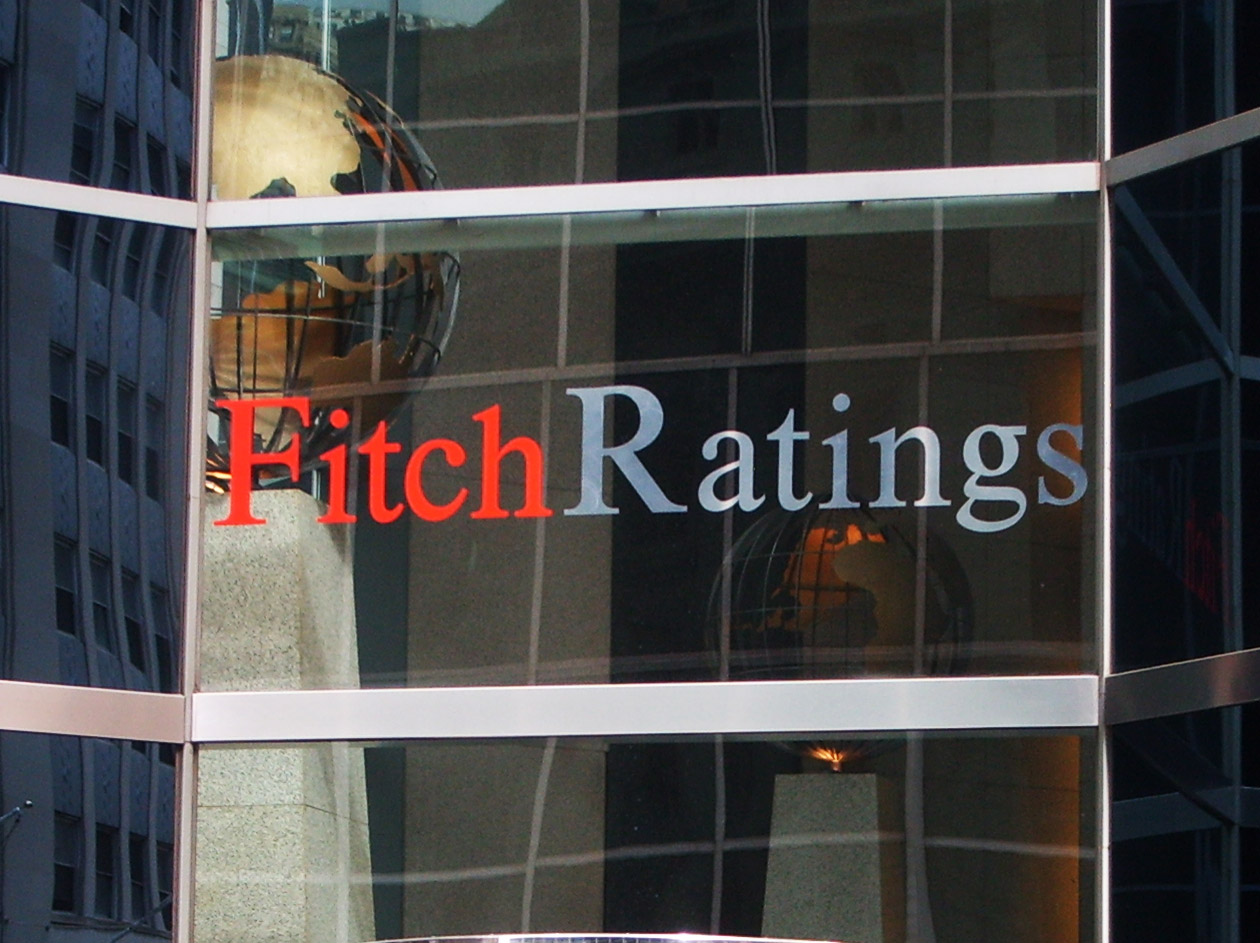Baku, Azerbaijan, Nov.11
By Elena Kosolapova - Trend:
The International Rating Agency Fitch Ratings affirmed Kazakhstan's Long-term foreign and local currency Issuer Default Ratings (IDRs) at 'BBB+' and 'A-' respectively, the agency reported on Oct.11.
The issue ratings on Kazakhstan's senior unsecured foreign currency bonds are also affirmed at 'BBB+'. The Outlooks on the Long-term IDRs are Stable. The Country Ceiling is affirmed at 'A-' and the Short-term foreign currency IDR at 'F2'.
The affirmation of Kazakhstan's IDRs with a Stable Outlook reflects the following key rating drivers:
-A strong sovereign balance sheet, underpinned by past prudent management of the public finances, allows Kazakhstan to absorb the impact of falling oil prices and a slowdown in two of its largest trading partners, Russia and China. The National Fund of the Republic of Kazakhstan (NFRK) contained $76 billion at the beginning of October 2014, or 36 percent of GDP. It added $5.4 billion in January-September and should continue to grow, albeit at a slower pace.
-National Bank policy actions so far in 2014 have highlighted weaknesses in the monetary policy framework and undermined confidence in the local currency. The authorities devalued the tenge by 19 percent against the US dollar in February but subsequently intervened heavily to support the currency. The tenge is trading within the National Bank's recently expanded exchange rate band, but will likely come under renewed pressure if either the bilateral exchange rate with the Russian rouble or oil prices weaken further.
-External shocks have dented confidence and growth prospects. Fitch expects real GDP growth to slow to around 4 percent per annum in 2014-2016, from 6 percent in 2013. Investment is growing but the devaluation shock and a slowdown in credit growth have hurt consumption growth, which has been a major driver of the economy since 2011.
-Under Fitch's oil price assumptions Kazakhstan will continue to record fiscal and current account surpluses. The government's fiscal policy response to less favourable external conditions will likely combine higher drawdowns from the NFRK for targeted economic support programmes, spending restraint and higher borrowings. Lower oil prices than assumed by Fitch would present downside risks to current account and fiscal forecasts.
-Fairly high per capita income, a strong if uneven track record of growth, and a large natural resource endowment are structural strengths.
-Structural weaknesses, according to Fitch, include low governance scores and underdeveloped institutions compared with similarly rated sovereigns, according to the World Bank indicators.
-Commodity dependence in Kazakhstan is high. Oil and gas account for 70 percent of goods exports. Including metals and ores, commodities account for at least 90 percent of exports.
-Kazakh banking system is a weakness. The system continues to reduce its external debt. However, efforts to rid bank balance sheets of non-performing loans totalling 30 percent of system assets have progressed slowly, and contingent liabilities pose a risk to the sovereign. The depreciation of the tenge will take a further toll on asset quality.
The Stable Outlook reflects Fitch's assessment that upside and downside risks to the rating are currently well-balanced.
The main factors that individually or collectively might lead to positive rating action are as follows:
-Steps to reduce the vulnerability of public finances to oil price shocks, for example by narrowing the non-oil fiscal deficit
-Effective restructuring of bank balance sheets
-Entrenching low and stable inflation under a more flexible exchange rate regime
-Substantial improvements in governance and institutional strength
The main factors that individually or collectively might lead to negative rating action are as follows:
-Policy management leading to a sustained decline in sovereign assets or reduced economic or financial stability
-A sustained commodity price shock
-Renewed weakness in the banking sector and crystallisation of contingent liabilities
-A political risk event
Fitch in its forecast assumes average oil prices of $105/barrel in 2014 and $100/barrel in 2015. Moreover Fitch's forecasts assume that the Kashagan oilfield will not contribute significantly to oil production before end-2016, and that Russia avoids a severe recession or systemic economic and financial crisis.






